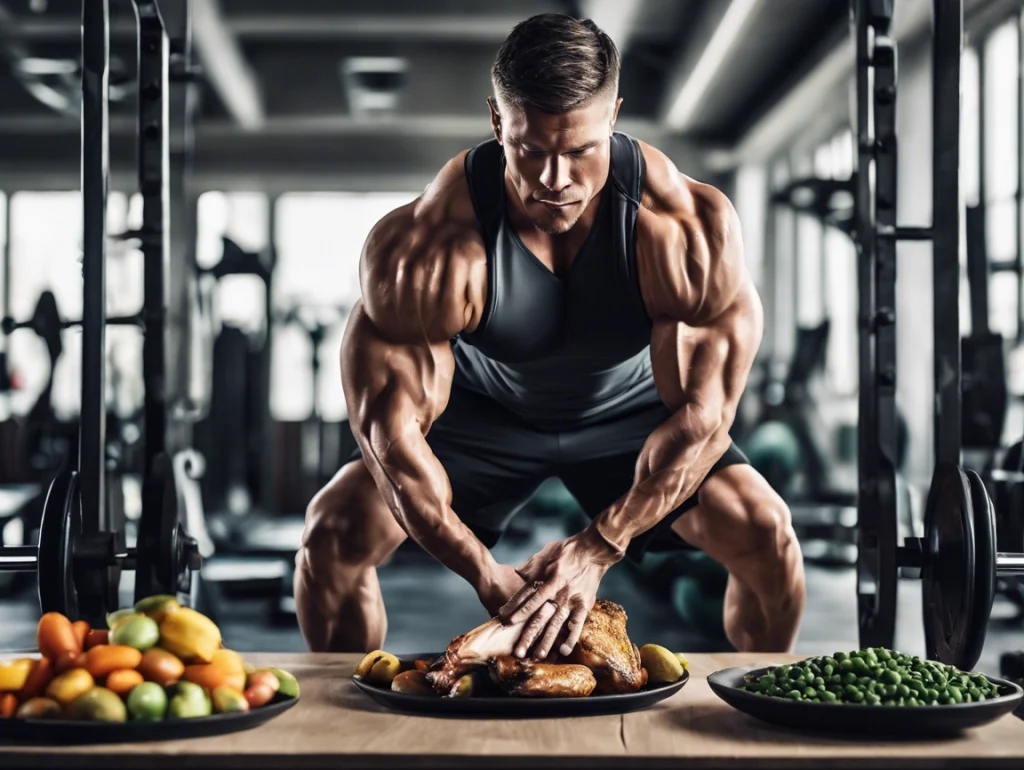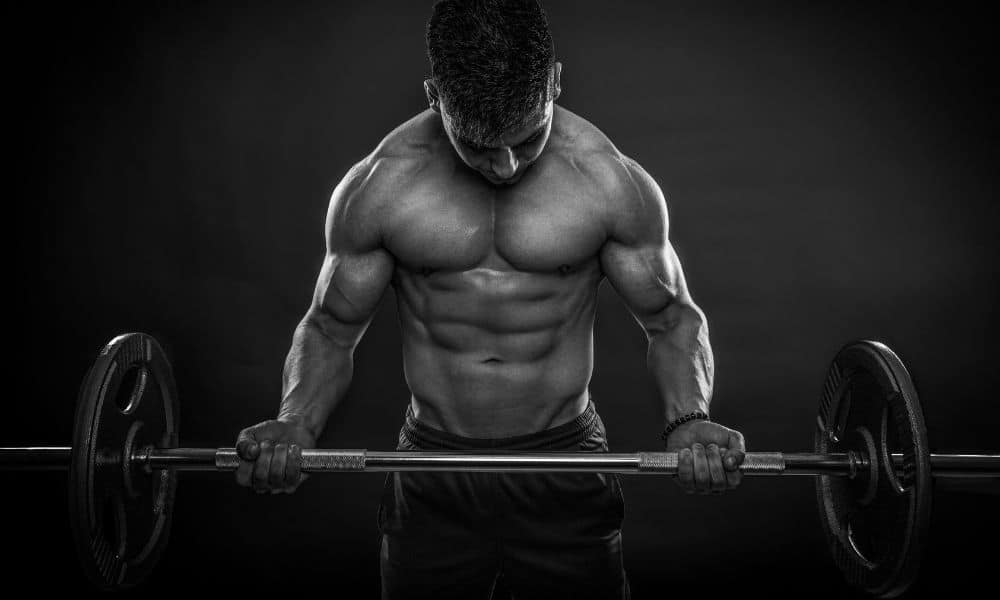Using protein effectively can help you achieve two key fitness goals: building muscle and losing fat. Many fitness enthusiasts struggle to balance these goals, often prioritizing one over the other. However, protein can play a pivotal role in supporting muscle growth and fat loss. This article will guide you on optimizing your protein intake to build muscle while burning fat and making the most of your fitness journey.
What Role Does Protein Play in Muscle Growth and Fat Loss?
Protein is crucial for muscle growth because it provides the amino acids necessary for muscle repair and synthesis. During a workout, your muscles undergo micro-tears that need repairing; protein helps rebuild these fibers, resulting in muscle growth.
For fat loss, protein helps in several ways:
- Increases Satiety: High-protein diets help keep you fuller for longer, reducing overall calorie intake, which is critical for fat loss.
- Preserve Lean Mass: During calorie restriction, adequate protein intake ensures you lose fat instead of muscle.
- Thermic Effect of Food (TEF): Protein has a higher thermic effect than carbohydrates and fats, meaning your body burns more calories digesting protein.
How Much Protein Do You Need for Both Muscle Growth and Fat Loss?
Your protein intake needs to be optimized to simultaneously build muscle and lose fat. The recommended range for protein intake is between 1.6 and 2.4 grams per kilogram of body weight per day, depending on your activity level and goals.
Example: A 75 kg individual aiming to build muscle and lose fat should consume between 120-180 grams of protein daily.
How to Time Protein Intake for Maximum Benefits
The timing of your protein intake can significantly impact muscle growth and fat loss. Here’s how to structure your protein consumption throughout the day:
- Morning: Start your day with a high-protein breakfast to kickstart your metabolism and control your hunger.
- Pre-Workout: Consuming protein before a workout can supply your muscles with essential amino acids, reducing muscle breakdown during exercise.
- Post-Workout: A protein-rich snack or meal within 30 minutes of exercising helps maximize muscle protein synthesis, aiding recovery and growth.
- Before Bed: Slow-digesting proteins like casein can help maintain muscle repair and growth during sleep.
Best Sources of Protein for Muscle Growth and Fat Loss
Selecting the right protein sources is critical for achieving your goals. Focus on lean, high-quality proteins that support muscle growth without adding excessive calories.
Top Protein Sources:
- Whey Protein: Fast-absorbing and rich in leucine, ideal for post-workout.
- Chicken Breast: Low in fat and protein, perfect for meals.
- Greek Yogurt: Provides casein for slow digestion and is great at night.
- Fish: Rich in protein and omega-3 fatty acids, which support fat loss.
- Plant-Based Options: Lentils, tofu, and quinoa are great for those on plant-based diets.
Combining Protein with Exercise for Optimal Results
To maximize the benefits of protein for both muscle growth and fat loss, it’s essential to pair your protein intake with the right exercise regimen:
- Strength Training: Focus on compound movements like squats, deadlifts, and bench presses. These exercises work multiple muscle groups and stimulate muscle protein synthesis.
- Cardio: Incorporate HIIT (High-Intensity Interval Training) to burn fat while preserving muscle mass. HIIT boosts metabolism and can enhance the effects of a high-protein diet.
Monitoring Your Progress: Adjusting Protein Intake
Your body’s response to protein intake and exercise routine should guide your adjustments. Track your muscle growth and fat loss progress regularly:
- Use Body Measurements: Track muscle gains and fat loss by measuring your waist, arms, and legs.
- Adjust Protein Intake: Increase your protein slightly if you’re not seeing the desired muscle growth. If fat loss is slower than expected, assess overall calorie intake and adjust protein portions to meet your needs.
Key Takeaways
- Dual Benefits: Protein can simultaneously support muscle growth and fat loss when paired with the right exercise routine.
- Optimize Timing: Consume protein strategically throughout the day, especially around workouts, to maximize muscle protein synthesis and control hunger.
- Choose Quality Sources: Focus on lean, high-quality protein sources to build muscle without adding excess calories.
Using protein strategically is a powerful approach to achieving your fitness goals. By balancing your intake with exercise, you can effectively build muscle









